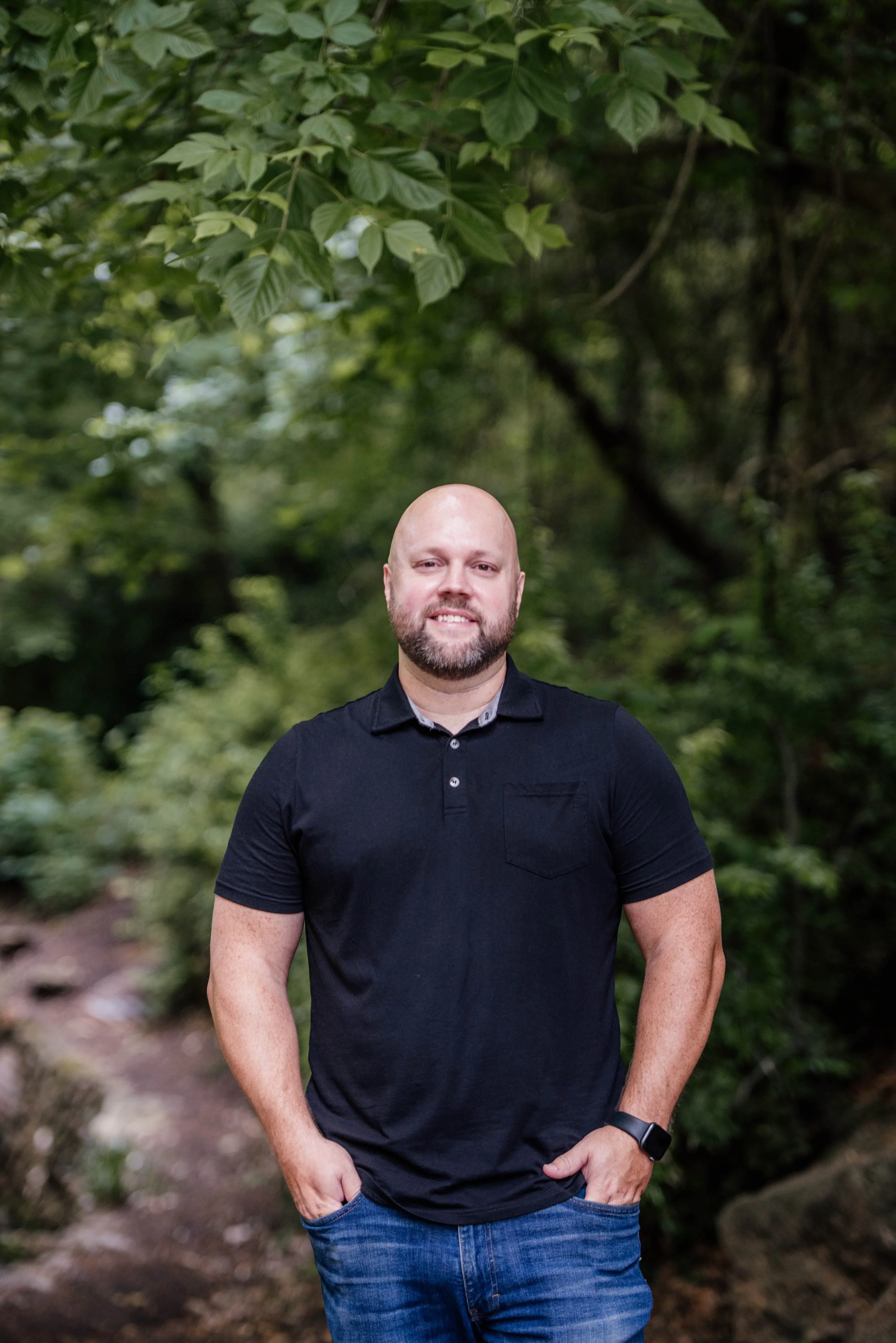How to Write Without Getting Falsely Accused of Using AI in School
Learn how students can write clearly and authentically to avoid false AI detection and academic misconduct accusations. Includes practical writing tips and advice.
by Christopher Holland
Founder of Academic AI Consulting
All information contained herein is for informational or educational purposes only and does not constitute legal advice. Academic AI is not a law firm and does not offer legal advice. Please consult an attorney before taking any legal action.
How Students Can Write to Avoid AI Accusations in School
As artificial intelligence tools become more common in education, schools are increasingly using AI detection software to flag potential misuse. Unfortunately, this can lead to false accusations, especially when human writing appears overly simple, repetitive, or structured in ways that resemble AI-generated content.
This guide will help you understand how to write with clarity and authenticity to reduce your risk of being wrongly flagged by AI detection tools.
Understand What AI Detection Tools Look For
Most AI detection software analyzes patterns in language. Two major factors often used are:
Perplexity: How predictable the writing is
Burstiness: The variation in sentence length and complexity
If your writing is too consistent, uses basic vocabulary, or repeats sentence structures, it may appear machine-generated—even if it is not.
Tips to Avoid False Accusations of AI Use
1. Vary Your Sentence Structure
Avoid using short, choppy sentences throughout your writing. Mix short sentences with longer, more complex ones.
Example:
Instead of: The book was long. It was hard to read. I did not enjoy it.
Try: Although the book was lengthy and at times difficult to follow, I appreciated the themes once I took time to analyze them.
2. Use Personal Voice and Experience
Incorporate your own thoughts, opinions, and lived experiences. AI-generated text often lacks personal insight or emotion.
Tip: Use first-person statements when appropriate: "In my experience..." or "I found it challenging because..."
3. Avoid Over-Reliance on Formal, Robotic Language
AI tools often produce overly polished or mechanical language. Use natural transitions, diverse vocabulary, and expressive tone.
Instead of:
"The educational system faces challenges. Students are not motivated. The results are poor."
Try:
"Many students struggle to stay motivated within rigid academic structures, which can lead to underperformance over time."
4. Document Your Writing Process
Keep all drafts, outlines, and revision notes. If your work is ever questioned, these materials can serve as evidence that the content is your own.
Use tools like:
Version history in Google Docs or Microsoft Word
Screenshots of writing stages
Handwritten brainstorming notes
5. Avoid Using AI Tools for Content Generation
If your school prohibits AI use for assignments, do not use it to write or rewrite paragraphs, even if you edit afterward. Even light use can be flagged by detection tools.
If AI is allowed, always disclose how and when you used it.
6. Use Feedback from Humans
Have a peer, tutor, or instructor review your writing. Human feedback will help improve clarity and originality in ways that AI tools cannot.
Writing Should Reflect Your Thinking
Writing is a reflection of your learning. Teachers want to see your ideas and how you process information. Even imperfect writing that shows effort and understanding is more valuable than polished but impersonal text.
Why Hire Academic AI?
If you are concerned about being falsely accused of using AI, or if you need help defending your work, Academic AI offers expert support. We help students:
Understand how AI detection tools work
Analyze flagged writing for authenticity
Prepare statements and documentation
Avoid violations through better writing practices
Contact Academic AI today to schedule a consultation and protect your academic reputation with confidence.
My name is Chris Holland. I am an IT engineer and I founded Academic AI to help students, parents, and educators navigate the world of artificial intelligence.
With over 27 years of experience in the IT industry, I founded Academic AI to address a growing need: helping families and educators navigate the complex and rapidly evolving landscape of artificial intelligence in education. As AI tools become more accessible, students are increasingly facing accusations of misuse, while educators are often left without the training or resources to uphold academic integrity effectively. That’s where Academic AI comes in—offering expert guidance, practical solutions, and clarity in a time of uncertainty.
All information contained herein is for education purposes only and does not constitute legal advice. Academic AI is not a law firm and does not offer legal advice. Always consult a licensed attorney before taking any action based upon the information contained herein.


